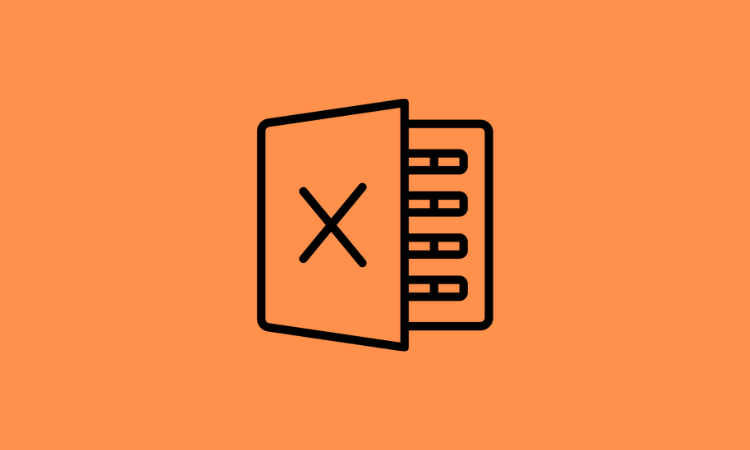Finance Everywhere
With Plaid partnership, Microsoft Excel is now a fintech app
- Excel becomes more useful with a new integration that accesses live consumer bank and spending data.
- Microsoft partnered with Plaid, as the data aggregator expands the radius for financial data outside of fintech.








